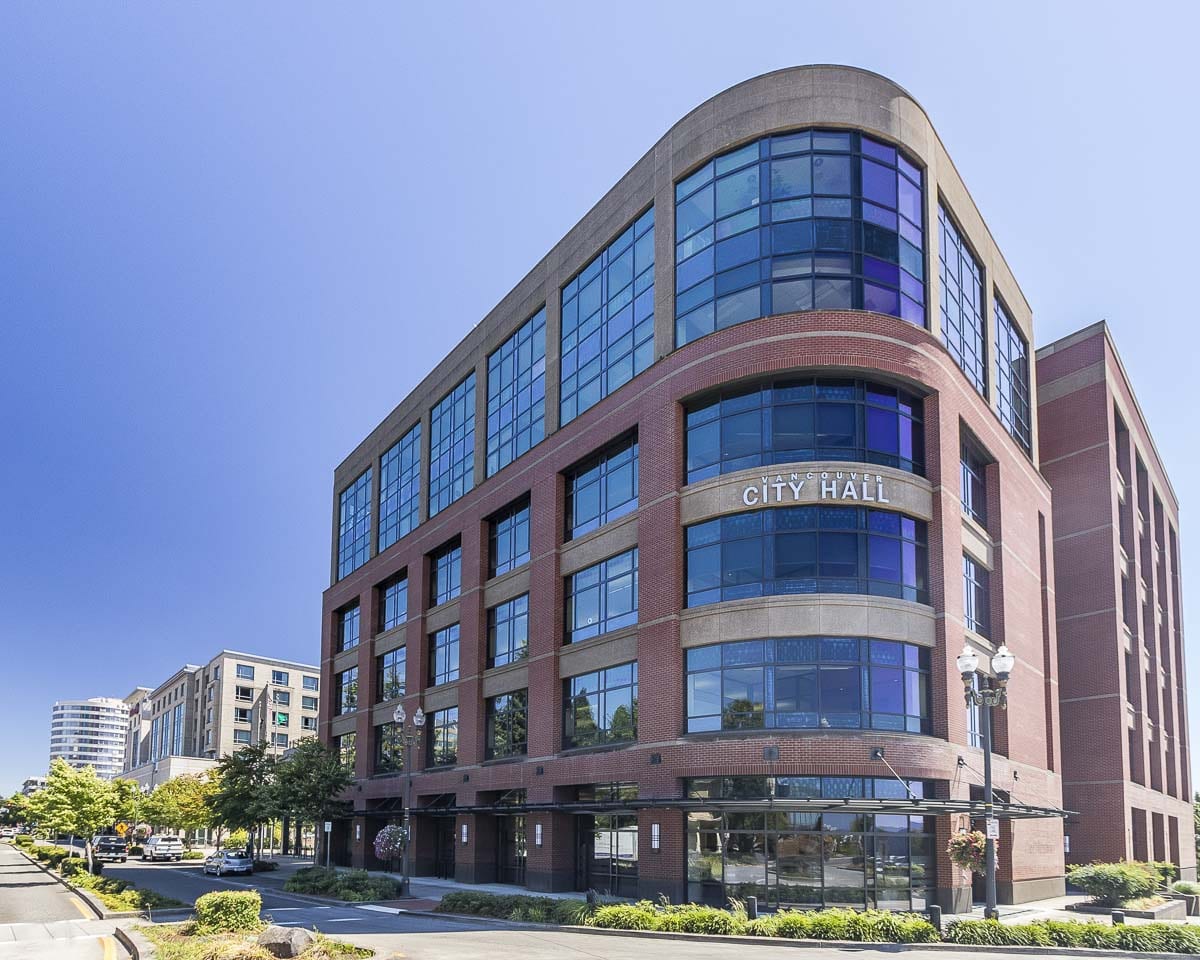The plan will ask most nonprofits to pay a business license fee, but removes a proposed head tax and per-square-foot tax
VANCOUVER — The city of Vancouver on Monday evening finally approved a new plan to raise $6.1 million for additional police staffing approved in 2016.
The replacement funding plan was recommended by the Vancouver Strong advisory committee in order to stop a per-square-foot tax in 2019 that would have applied to multi-family housing and most businesses.

This new plan will increase the city’s business license fee from $125 to $200 next year, and nonprofits will no longer be excluded from it.
“Those services are not free,” said council member Bill Turlay. “We have to find a way to pay for those, and the nonprofits — I understand what you’re talking about there — but those services are all available to you here. You’re asking to give that service to you at no cost?”
What council unanimously approved on Monday night took nearly a year to reach this point. The initial proposal received strong pushback from nonprofit groups worried it would cut into their bottom line. In response the city exempted nonprofits with fewer than 20 employees or under $12,000 in total revenues per year.
JoAnn Crabtree of Washington Nonprofits read a letter from their executive director, Laura Pierce, expressing thanks for the city’s move to scale back the fees, but still expressing opposition to the plan.
“For organizations large and small, $200 paid to the city is $200 taken from mission-oriented activities or necessary internal capacity building,” said Crabtree. “Few, if any, donors would consider this to be an appropriate use for their donation … Nonprofits are tax exempt for a reason, and contribute significantly to the safety and security of Vancouver’s residents.”
In order to raise the full $6.1 million, the city will also raise utility taxes by 4 percent over the next two years, including a 2.4 percent increase next year. Chief Financial Officer Natasha Ramras said that will raise the average monthly utility tax from $77.20 now to $88.10 in 2020. The city argues that rate is still far below what people in Portland or Seattle are paying.
An existing $90 head tax will continue to apply to businesses and exempt nonprofits, but the cap on businesses with fewer than 400 employees will be phased out over the next two years.
City Manager Eric Holmes admitted that implementing the business license fee program relies on self-reporting, so they’ll be relying on nonprofits to tell them if they need to pay it. Known nonprofits will be asked to self report their revenue and total staffing numbers.
Councilor Ty Stober voted for the resolution, but said he would like to see the city work to close loopholes that allow some credit unions to avoid some of the taxes, and PeaceHealth Southwest, one of the city’s largest employers, to avoid the head tax due to their nonprofit status.
Garbage and Recycling Rates Increase
Also on Monday the council voted to approve an increase to the city’s garbage, recycling, and yard debris collection rates. Tonya Greer, the city’s solid waste supervisor, said the increase is based on inflation, how much the collection company’s tip rate is, as well as the 2.4 percent utility tax increase.
As of next January, the collection rate for garbage and recycling will increase by $1.36 per month to $22.23. If you have yard debris collection as well, the rate will climb by $1.64 per month to $29.66. The typical commercial rate will increase by $12.79 a month to $196.86
Greer also added that, due to China’s increased stringency on accepting recyclable materials, their regional processor has had to slow down their sorting belt in order to more carefully screen materials. That means increased costs for the processor, so Greer warned there’s a chance the city could be faced with another potential increase in the near future.
Council unanimously approved the rate increase with no further discussion.




